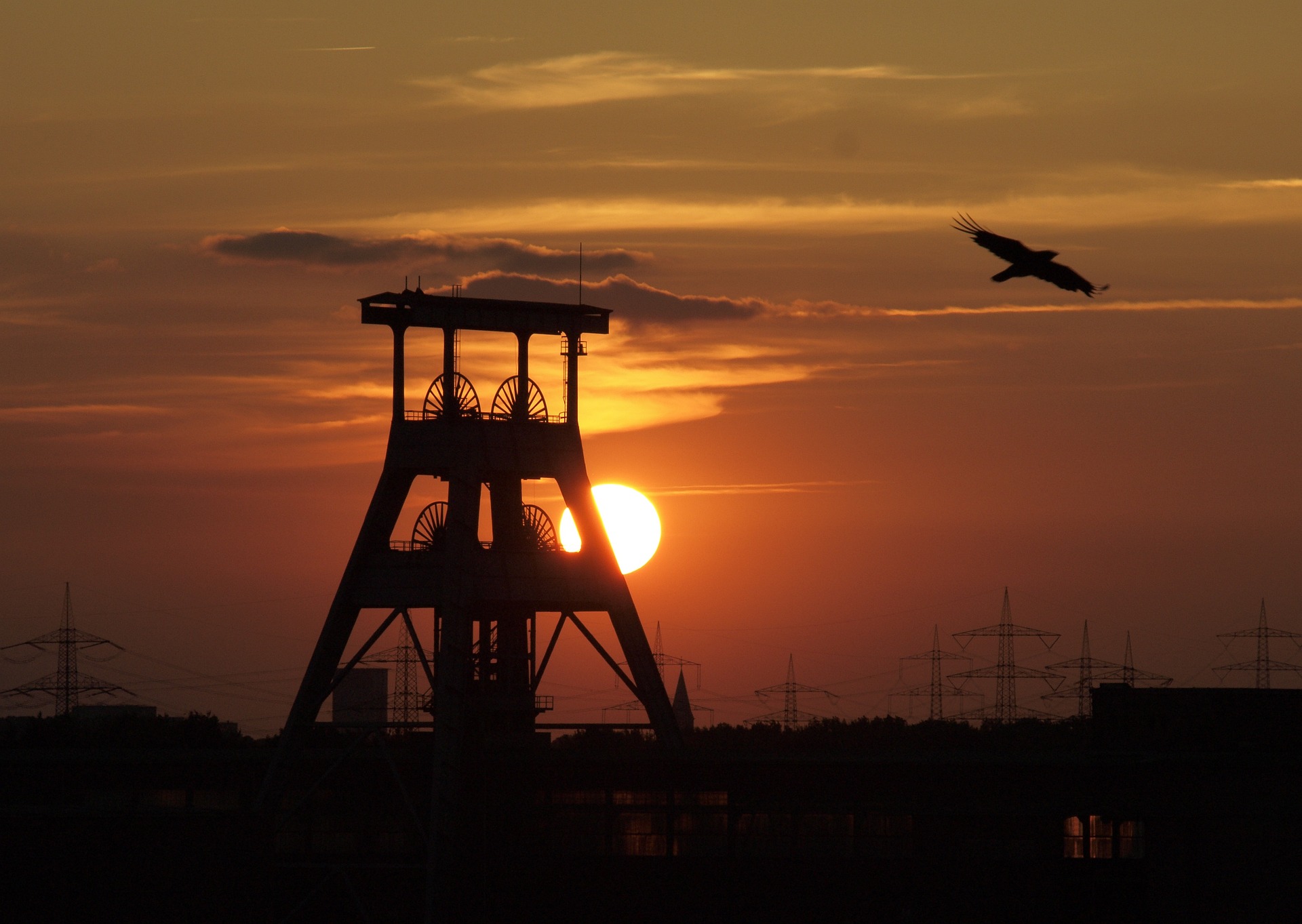Judgment of the protection action in relation to mining activities in Loma Larga
August 1st, 2022
On July 2, 2022, the constitutional judge of the Judicial Unit of Labor Law of Cuenca notified the written judgment by which it partially accepted the constitutional protection action filed against certain mining concessions located in the Quimsacocha highlands or Loma Larga .
The judgment ruled on the violations alleged by the plaintiffs regarding the rights to prior consultation, environmental consultation, the right to water and to live in a healthy and ecologically balanced environment.
The ruling made the following considerations:
- Mining activity and environmental licenses
Mining is an activity considered dangerous or potentially harmful, so those who carry out these activities must have the authorization of the State through: (i) the granting of a concession; (ii) an environmental license or registration; (iii) an authorization for the use of water, among other permits. Therefore, mining in Ecuador is not free. In the constitutional process, it was possible to demonstrate that the Concessions have the necessary authorizations to carry out advanced exploration activities and that the authorizations to carry out exploitation activities are in process to be obtained.
- Infringement of the rights of nature, water, and a healthy environment
The Concessions were authorized in 2001 and 2002 when the Constitution of 1998 was in force. The judge stated that “by the time these concessions and their environmental license were given, the Constitution of 1998 was in force, which although it regulated aspects related to the protection of the environment, its protection was not conceived as the Constitution of 2008 currently does.” Consequently, at that time there were other standards and rights, nature was not considered as a subject of rights and the environment was not conceived in the way it is done in the current Constitution.
The Judgment states: “[t]herefore, the current provisions that consider nature as a subject of law and water as a fundamental right, cannot be applied retroactively to facts or legal instances which occurred in 2001, 2002, and this judge must conclude that in effect by the principle of legal certainty these provisions cannot be applied to legal situations that occurred in these years.” Therefore, the judge concluded that the rules applicable to permits granted for initial exploration cannot be applied retroactively, even if a new Constitution has entered into force.
To seek to alter the authorizations for the Concessions by retroactively applying rules would violate the right to legal certainty. The judge added that the rulings of the Constitutional Court that the plaintiffs intend to apply to the case were issued in 2021, for this reason they cannot affect licenses issued in 2019.
According to the judge, no evidence was presented that demonstrates damage to water, the environment or nature. He pointed out that the judicial file for this case includes the environmental impact plans, as well as the expert report which concluded that advanced exploration does not adversely affect water.
In the opinion of the judge, a violation of constitutional rights there must be concluded based in technical studies. In this constitutional process no technical report was provided that contradicted the information presented by the State. He added that the water and environmental authority has personnel and technical specialists in each area that allow the judge to decide on the damages or possible environmental damages in the concession area. He also pointed out that there is no objective evidence to show that there is environmental damage in the area. Therefore, the judge considered that “when assessing the rights to nature, water and the environment, there is no objective evidence that demonstrates an impact on these rights.”
- Environmental consultation
In the Judgement, the judge pointed out that “for the environmental consultation to materialize, it will depend on which of the two principles is applicable at the time of authorizing a certain activity that may have an impact on the environment, because not all activity will have the same intensity so not all cases will require an environmental consultation. However, environmental consultation should be carried out only when the precautionary principle is applicable.
” The Judgment adds that from the evidence provided and, in particular, the environmental impact studies, management plans and environmental audits, it can be concluded that “science knows about the effects, probabilities and consequences of mining on the environment, so in these cases what is applied is the principle of prevention and not that of precaution.”
The judge pointed out that it was not proven that there is no scientific debate on mining, nor that science has difficulties in determining the consequences of mining activity.
- The right to prior consultation
The judgement indicates that prior consultation is a right recognized in the Constitution that protects indigenous communities, communes, peoples and nationalities to be consulted, and its basis lies in the preservation of their customs and traditions.
The judge stated that prior consultation can be carried out in any of the phases of the project. It was the opinion of the judge that he cannot accept the argument that prior consultation cannot be applied retroactively since there are international treaties that were in force and obligated prior consultation, as is the case of the ILO Convention, which was in force before the Constitution of 2008.
The Judgment indicates that an important element of the traditions is the territory, which must be interpreted from its worldview and pointed out that “the link that the communities may have with the territory where it is settled does not necessarily require a property title and registration in the sense that positive civil law imposes, but rather a link that attends to their traditions, to its culture, to its relationship with the environment that allows it to survive.
Therefore, the fact that there are property titles in favor of the company is not an obstacle to prior consultation given the plural and intercultural nature that characterizes the Ecuadorian State. ” The Judgment stated that the evidence of the process generate misgivings as to whether or not there is indeed the presence of indigenous communities in the areas of the Concessions, so according to the Constitution this allegation has to be resolved.
in favor of the plaintiffs and recognize their right to be consulted. Specifically, the judge dismissed the results of an expert report and the conclusions of the Undersecretariat of Lands that concluded that there are no indigenous communities in the area. Based especially on the claims made by mining company Newmont several years ago that the “private titles in Quimsacocha overlap on traditionally communal lands”, the judge considered that “he has a reasonable doubt that cannot be resolved except in favor of the constitutional right that is requested to be protected.”
- Decision
Finally, the judge decided to partially accept the claim and as a measure of reparation ordered the “suspension and unenforceability of the registration of the environmental information system of the project called: Environmental Impact Study, Environmental Management Plan of the Loma Larga Mining Project.” It also provided that “the Ministry of the Environment, Water and Ecological Transition must comply with this measure by suspending this registration until the State carries out prior consultation with the existing indigenous communities …, without being able to continue with the exploitation and benefit phase in the concessions … as long as the prior consultation is not carried out… “
Several parties have filed a request for clarification of the Judgement.




Leave a comment